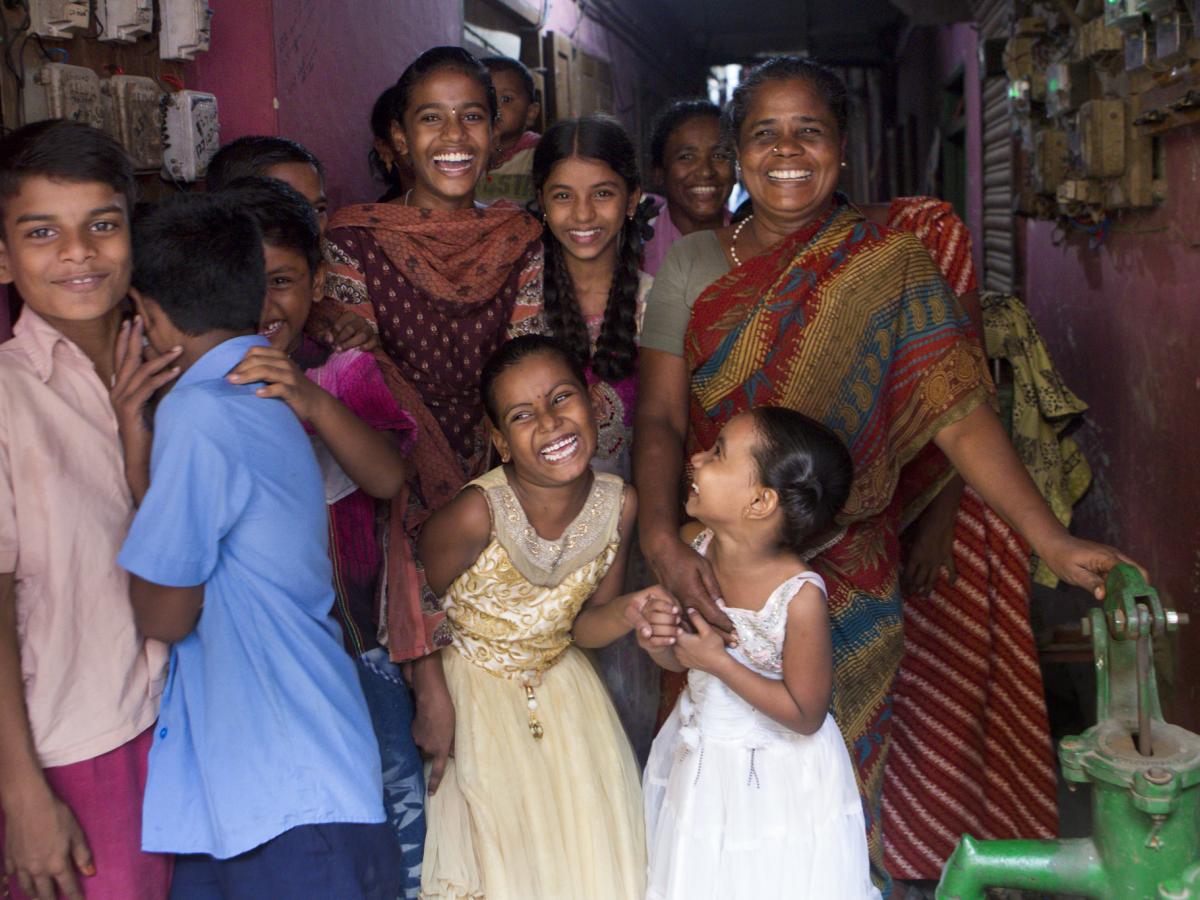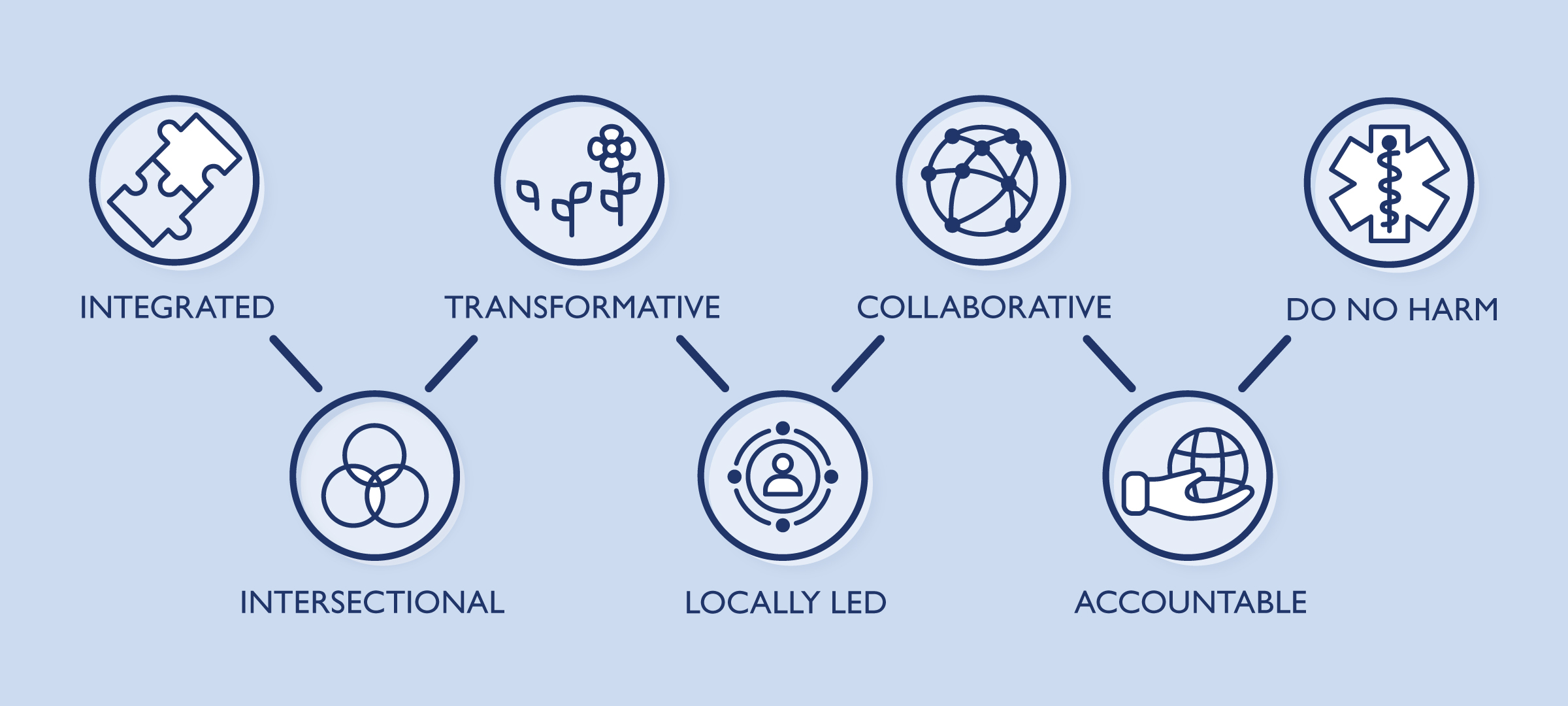
Photo by Development Credit Authority
Watch USAID’s Launch Video, read the Gender Policy, and check out the Fact Sheet to learn more.
Deliberate action is required to advance gender equality: USAID is committed to being a leading investor, partner, and advocate to achieve this goal across societies.
The 2023 Gender Equality and Women’s Empowerment Policy (Gender Policy) builds on decades of foundational work, on the ground experience, strong evidence from global research, and key legislative and policy advancements. It provides the vision for USAID’s work to advance gender equality and women’s empowerment around the world – establishing our strategic objectives and guiding principles, and driving investments across our operations and programs in order to achieve these aims.
USAID affirms that gender equality and women’s and girls’ empowerment are fundamental for the realization of human rights and key to effective and sustainable development outcomes. For societies to thrive, women and girls, men and boys, and gender-diverse individuals must have the agency, social support, and structures to make their own choices and live free from violence and abuse. They must have equal rights and opportunities, as well as equal and safe access to and control over resources. Achieving gender equality in society will improve the overall quality of life for all people throughout their lives.
Policy Principles
The following principles guide USAID’s work on gender equality and women’s empowerment:

Objectives
The Gender Policy identifies four strategic objectives that USAID will advance through investments across all sectors in which it works:
1. Reduce gender disparities in who accesses, controls, and benefits from economic, social, political, legal, educational, health, and cultural resources, as well as wealth, opportunities, and services.
2. Strive to eliminate GBV and mitigate its harmful effects on individuals and communities, so all people can live free from violence.
3. Increase the capability of women and girls to fully exercise their rights, determine their life outcomes, assume leadership roles, and influence decision-making in households, communities, and societies.
4. Advance structural changes that address the root causes of gender inequality and promote equitable gender norms.
Policy into Practice
Delivering on the Gender Policy’s ambitious vision is a shared Agency responsibility. Consistent with the Women’s Entrepreneurship and Economic Empowerment Act of 2018, the Gender Policy outlines steps USAID will take to strengthen its systems, tools, and resources, including expanding its gender technical expertise; consistently identifying and addressing gender inequalities across strategies and activities; demonstrating how it is investing in gender equality; and tracking gender equality results.
